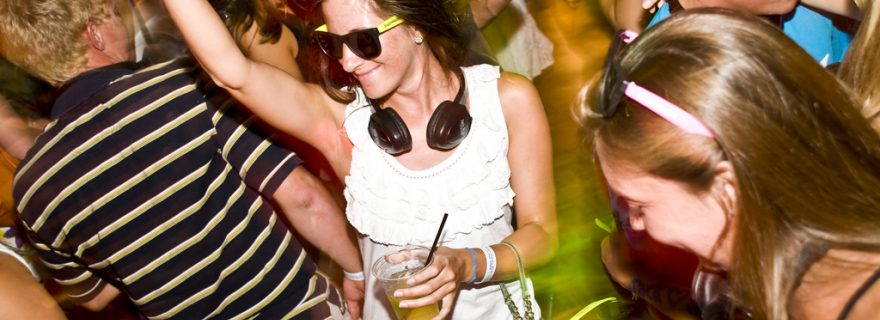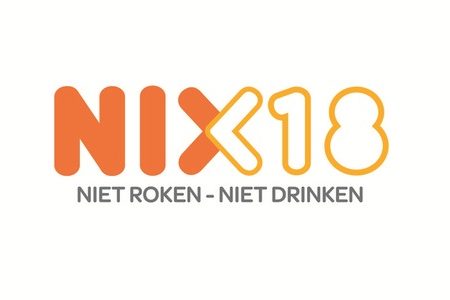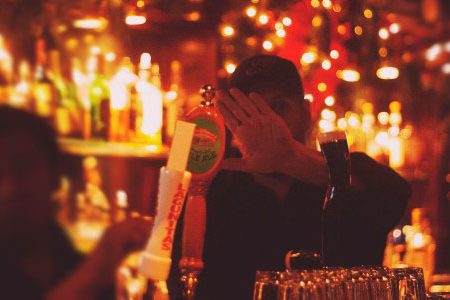Alcohol and adolescents: why do teens drink?
Recently the Dutch government proposed to raise the legal drinking age from 16 to 18. High levels of alcohol use in adolescence are related to alcohol dependence later in life. Recent research shows that also pubertal hormones play a role.
Adolescence is a natural period of exploration, and part of this exploration is alcohol consumption. Onset of alcohol use is related to age: the older someone is, the more likely it is that they have consumed alcohol at least once in their life. In 2011 approximately 35% of Dutch 12-year-olds indicated that they drank at least once in their life, for 16-year-olds this is almost 90%. Recent research shows that age is not the only explaining factor for onset time and amount of alcohol consumption. Hormones related to puberty, i.e., testosterone and estradiol, also play a role. Together with my colleagues Erik de Water, Eveline Crone, and Jiska Peper, I did a study in which we assessed general pubertal development, and measured puberty hormones in saliva for a large sample of Dutch youth between 12 and 17 years old. Testosterone and estradiol levels were measured and correlated to self-report levels of alcohol use. The study showed that advanced pubertal development is related to higher lifetime use of alcohol for both boys and girls. Also, we showed that boys with higher levels of testosterone and estradiol started drinking at a younger age than boys with lower levels of these hormones. Furthermore, boys with higher levels of estradiol indicated that they consumed more alcohol during their life. For girls hormone levels were neither related to onset nor to lifetime use of alcohol.
Currently we do not know exactly what mechanism underlies the way in which puberty hormones affect drinking behavior. One proposed explanation is that puberty hormones affect reward-processing areas in the brain. Reward- processing areas have receptors for testosterone. These areas have been shown to become more active under influence of testosterone, resulting in higher reward sensitivity. Higher reward sensitivity might in turn promote sensation-seeking and risk-taking behavior such as alcohol use. Future research should focus on the interaction between biological and social mechanisms in order to improve our understanding of why and when adolescents start drinking.





